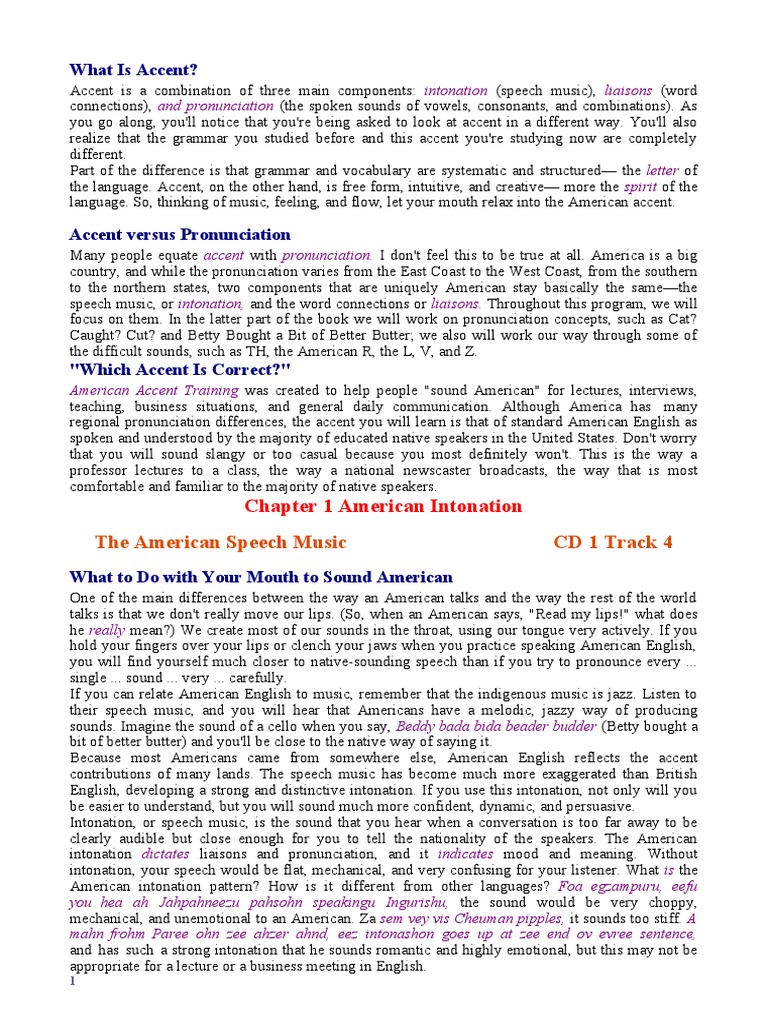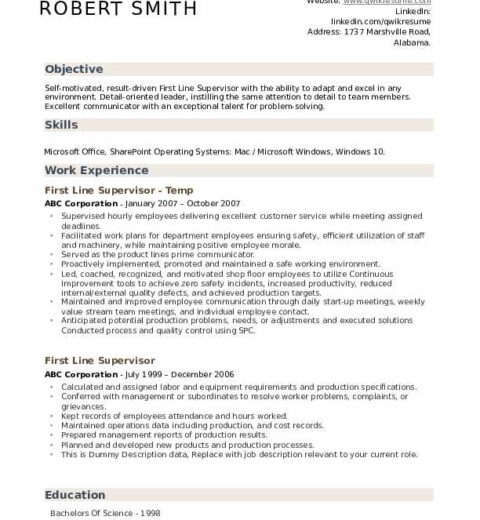In the realm of job applications, few terms spark as much debate as “résumé.” The presence or absence of an accent can evoke passionate discussions among both candidates and employers. Is it a trivial detail, or does it carry deeper implications about professionalism and attention to detail? This article seeks to elucidate the nuances surrounding the spelling and pronunciation of “résumé.” In doing so, it aims to resolve the ambiguity that pervades this topic, fostering a more understanding approach toward this essential document.
To commence this discourse, it is imperative to establish the etymological origins of the word. “Résumé,” derived from the French term “résumé” which translates to “summary,” entered the English lexicon in the early 20th century. This linguistic lineage explains the accented “é,” which is not merely ornamental; it is a crucial marker that informs both pronunciation and meaning. However, many English speakers, especially in casual settings, opt to forgo the accent, rendering it simply as “resume.”
This divergence begs the question: does omitting the accent fundamentally alter the word’s significance? From a semantic standpoint, the absence of the accent does not change the definition of the document itself. Nevertheless, the ramifications are far-reaching in terms of perception and professionalism. A resume without the accent may convey a lack of attention to detail, an unwitting indicant of the applicant’s dedication to their craft. In a job market characterized by fierce competition, such oversights could be detrimental.
Moreover, there lies an element of cultural connotation tied to the use of “résumé.” Incorporating the accent is an acknowledgment of the term’s Francophone roots, a subtle nod to the global interconnectedness of business practices. It conveys a certain level of sophistication and respect for language that may resonate favorably with employers, particularly in industries where elegance and formality are prized. In contrast, presenting a “resume” might evoke perceptions of informality or carelessness, potentially impacting first impressions.
A compelling aspect of this debate is the varying degrees of acceptance across different fields. In creative domains such as advertising, arts, or design, the expectation may lean toward innovation; thus, a more relaxed approach to language might be tolerated. Conversely, in sectors like finance, law, or academia, the precision in presentation holds greater significance. Consequently, it is advisable for applicants to understand the cultural and disciplinary norms that govern their specific industry.
Furthermore, the issue of the accent is often a reflection of broader trends in language adaptation and evolution. Language is inherently fluid, subject to the tides of change and the influence of its users. As English continues to assimilate terms from other languages, the question of whether an accent should remain becomes emblematic of a larger conversation about linguistic identity. The decision to use “résumé” with its accent may signal an alignment with traditional linguistic conventions, while “resume” reflects a departure from formality, embracing a more modern approach.
While navigating this landscape, one must consider the preferences of the audience. Some hiring managers may not be accustomed to the French spelling and may not view it as significant. Nevertheless, for those who appreciate precision, maintaining the accent can attest to an applicant’s thoughtfulness and linguistic acumen. Therefore, research the company culture and the preferences of the individuals assessing your application. The subtle inclusion of an accent can serve as a differentiator, enhancing the familiarity and professionalism of your application.
Additionally, it is prudent to consider the medium in which the résumé will be presented. In digital platforms, the absence of an accent might not attract as much scrutiny, particularly if it is accompanied by a polished layout and impeccable content. However, in printed formats – where presentation is paramount – accurate representation down to the minutiae can set a candidate apart in a sea of applicants. This calls for a commitment to precision, signaling that every detail matters.
Intriguingly, the ongoing discourse surrounding “résumé” serves as a touchstone for broader themes of communication in professional settings. The emphasis on clarity, professionalism, and cultural sensitivity resonates beyond the mere spelling of one word. It encapsulates a philosophy of care, emphasizing that how we present ourselves speaks volumes about our values and our approach to work. To disregard the accent may not only reflect a casual attitude toward language but also a broader indifference toward the nuances of professional communication.
In conclusion, does “résumé” have an accent? The answer is definitively yes, if one seeks to convey a commitment to professionalism and cultural awareness. While the omission of the accent may not alter the document’s functional purpose, it has implications for perception, professionalism, and respect for language. Whether describing oneself in a competitive job market or debating the finer points of linguistic precision, it is the details that often define our first impressions. By acknowledging the significance of the accent, one can craft a résumé that not only summarizes experience but also elevates personal brand in the professional arena.




